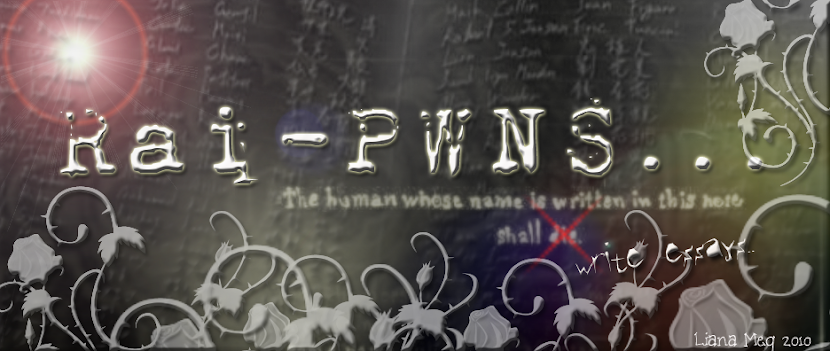Ray Bradbury’s novel, Fahrenheit 451, is a science fiction novel that unmistakably exemplifies a world where modern technology and advanced machinery play a very major role in the lives of the people living in that world, a world that could be easily considered parallel to our world, the world we live in today. The novel’s world and our world are comparable because of the technology and the gradual increase of violence. Are the worlds also similar in terms of how people struggle and squirm just to find happiness and how they would go to extreme lengths just to acquire it?
The society in the novel is, alas, very much like ours. People are always demanding more from technology. Technology that made doing things faster, much more convenient and easier. Faster cars, faster connections, faster computers and faster transmissions. We don’t want to waste our time anymore. We want faster things that require little to no work at all.
We want faster cars. The society in the novel has a larger speed limit so that people can get where they want to go faster. Clarisse had pointed out that drivers 'don't know what grass is, or flowers because they never see them slowly,' she said. 'If you showed a driver a green blur, Oh yes! he'd say, that's grass! A pink blur! That's a rose garden! White blurs are houses. Brown blurs are cows. My uncle drove slowly on a highway once. He drove forty miles an hour and they jailed him for two days'"(9). This just shows that with their large speed limit, all they see is just colors and blurs. Our speed limit isn’t as high as theirs is, but people usually go much faster than what the speed limit is. Some people aren’t even submissive to traffic signals anymore.
Another thing both worlds have in similar is the fact that people are becoming more and more violence prone. Clarisse said, “I am afraid of children my own age. They kill each other... Six of my friends have been shot in the last year alone. Ten of them died in car wrecks. I’m afraid of them and they don’t like me because I’m afraid."(30) This reflects the society we have here today. There are many recurring fraternity wars, teenagers killing, shooting and harassing each other, rapes, homicides and murder cases.
Are their ways of seeking for happiness similar to ours?
People in the novel preferred not-to-intimate and complex relationships to be removed from the ‘pain and heartbreak’ it can cause once things start going downhill. The people have equated emotions and depth of thought with unhappiness and confusion which has led to the banning of literature. In our world, we consider the companionship of our loved ones to be what we consider ‘happiness’.
Ray Bradbury’s predictions, although far-fetched and bizarre, almost hit home. The plodding growth of both technology and violence in both worlds are frightening. If Bradbury’s predictions of the world do come to life, to running over people on streets with fast cars just for the heck of it to banning of books, then it does not bode well for mankind.
Can happiness still exist then?
References:
-- http://bookstove.com/book-talk/parallels-between-fahrenheit-451-and-todays-society/
-- http://bookstove.com/science-fiction/fahrenheit-451-vs-today/
